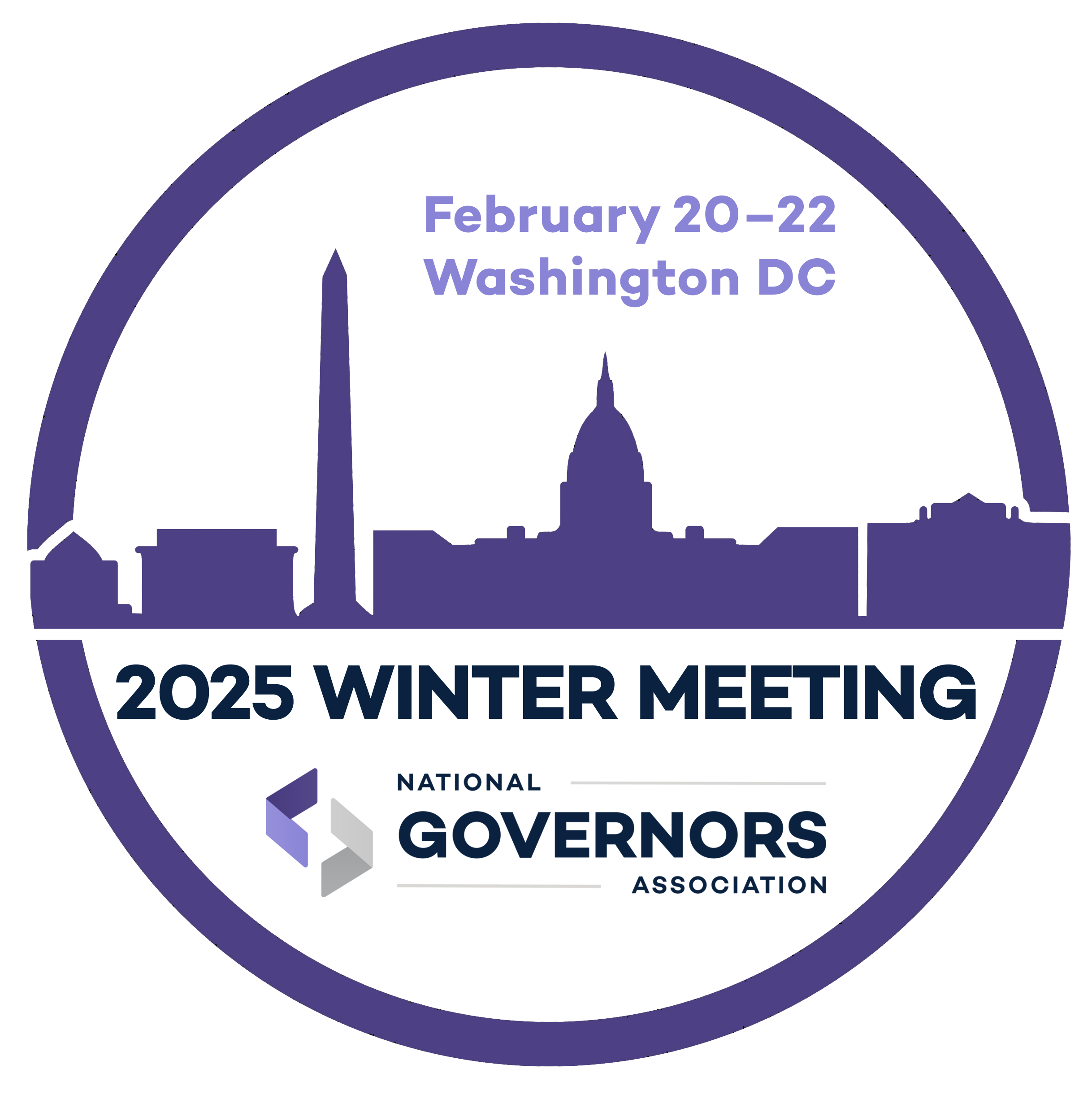WASHINGTON—The National Governors Association (NGA) welcomes the appointment and reappointment of governors to the critically important Council of Governors (Council) focused on national security issues. Newly appointed governors are Alaska Gov. Bill Walker, Florida Gov. Rick Scott, Missouri Gov. Eric Greitens and Oklahoma Gov. Mary Fallin. Gov. Fallin has been named co-chair along with Connecticut Gov. Dannel Malloy, who currently serves in that role.
Governors re-appointed to the Council include Gov. Malloy, Louisiana Gov. John Bel Edwards, Massachusetts Gov. Charlie Baker, Minnesota Gov. Mark Dayton, Montana Gov. Steve Bullock and Tennessee Gov. Bill Haslam.
“It is an honor to have been named co-chair of the Council of Governors by President Trump,” said Gov. Fallin. “As a previous chair of the National Governors Association, I look forward to continuing my excellent working relationships with the other governors to provide suggestions and solutions on national security matters. I know, as a former member of the U.S. House of Representatives Armed Services Committee, that finding effective answers to homeland security efforts in our states is critical.”
“It is an honor to be reappointed as co-chair of the Council of Governors. Whether deployed in response to a domestic emergency or for an overseas mission, the soldiers and airmen of the National Guard risk their lives to protect our states and our nation,” said Gov. Malloy. “Through the Council, governors ensure that the extraordinary capabilities and responsibilities of the National Guard are recognized and supported in Washington, D.C.”
The Council was established by Section 1822 of the National Defense Authorization Act of 2008 and implemented by Presidential Executive Order 13528. It consists of 10 governors appointed by the President to focus on matters of national security, homeland defense, synchronization and integration of state and federal military activities in the United States, as well as matters of mutual interest pertaining to the National Guard. In addition to the governors, federal participants include the secretaries of defense and homeland security, presidential homeland security and counterterrorism advisors, the commander of U.S. Northern Command, the commandant of the Coast Guard and the chief of the National Guard Bureau.
NGA works closely with the Council to ensure governors’ priorities are heard. Since the inception of the Council, they have:
- Established the appointment of Dual Status Commanders, clarifying who is in command of responding National Guard and federal military forces during domestic emergencies and that military forces are to operate in support of the governor and the state adjutant general;
- Approved a joint action plan for cybersecurity, establishing a framework to guide state-federal discussions in areas such as information sharing, operational coordination and incident response;
- Implemented a budget consultation agreement, ensuring governors can inform Department of Defense budget proposals affecting the National Guard;
- Opposed plans to cut the Army and Air National Guard, advocating for alternatives that would save costs while maintaining military capabilities;
- Preserved combat capabilities by securing the continued use of Apache helicopters by the National Guard;
- Supported the creation of commissions to study and make recommendations on the future of the Air and Army National Guard; and
- Advocated to preserve the Guard’s ability to respond to state emergencies by opposing a planned conversion of 20 percent of all dual-status military technicians in the Guard and Reserves to Title V federal employees.
To ensure that the Council appropriately represents all governors, the Council works through NGA to share information and develop recommendations on behalf of all governors.













